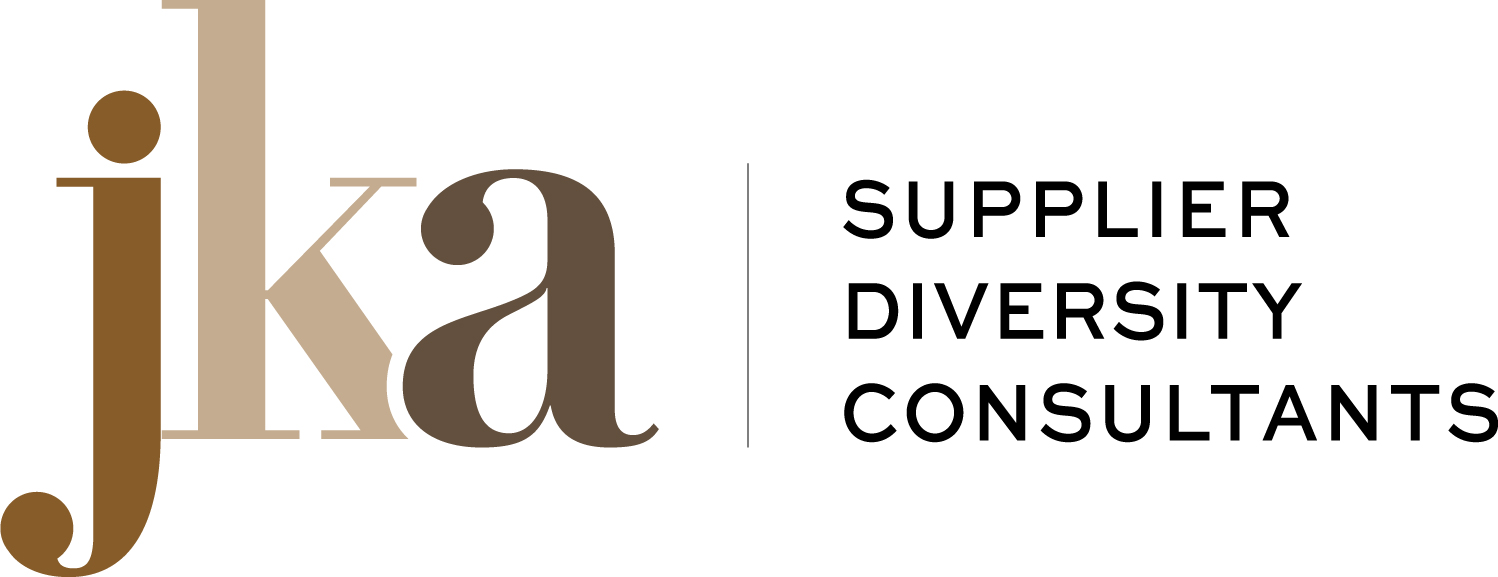 Business owners have a natural drive to grow and scale their business. There are lots of obstacles and distractions in the way, but your best chances for successful growth requires you to think about the big picture—while also drilling down into the nitty gritty of your business’s financial health. MWBEs, in particular, need to carefully consider their money matters, especially when it comes to government clients.
Business owners have a natural drive to grow and scale their business. There are lots of obstacles and distractions in the way, but your best chances for successful growth requires you to think about the big picture—while also drilling down into the nitty gritty of your business’s financial health. MWBEs, in particular, need to carefully consider their money matters, especially when it comes to government clients.
The facts are the facts, and this is certain: you can’t grow and scale your business without a strong cash flow management strategy and access to capital. In the majority of cases, with government contracts, you won’t see a dime from those contracts for thirty to sixty days because the government bills in arrears. This means you have to be able to navigate a potentially substantial amount of expenditure time in your own business, while you wait for payment from the government.
Here are 4 ways to prepare your business to work with the government without having a cash flow catastrophe.
1) Accurate Cost Estimates
The time to start thinking about cash flow is before you submit your bid by making certain that you prepare a well thought out cost estimate that is based on accurate data. You need to account for all the associated costs required to produce your goods or services. It’s also important to consider cost escalations for multi-year contracts. If you are just starting out, I recommend working with a financial professional who can help to accurately calculate your expenses and help you avoid costly mistakes. This is particularly important if you are seeking outside financing; lenders will want to review your finances to determine if you have enough cash to pay down debt.
2) Do You Know Your Cash Flow?
You have to be realistic about your cash flow and know—to the penny!—what your monthly expenses are in order to sustain your business. Look at your finances and figure out how much money you will need on a month-to-month basis to keep operations humming while you’re in the interim period before the contract starts up. The cash will come, but making sure you’re able to provide services for clients in the meantime is important. If you don’t have funds in the bank, you’ll need to find a lender who will help you stay afloat.
3) Access Capital from a Lender
If you need capital, the best strategy is to develop a good relationship with a trusted lender. Though it is certainly not fair, minority and women-owned businesses sometimes face larger barriers when gaining access to capital via loans. Understanding this can help you better prepare yourself when it’s time to go to the bank. Address any perceived issues head on and manage your credit diligently. Make sure you develop a relationship with a lender who understands you are a reliable and safe investment. Consider working with financial institutions that provide credit and financial services to under-served markets.
4) Identify Financial Leaks
Another important part of being financially prepared as a small business owner is taking the time to identify any financial leaks that may be occurring in your operation, no matter how small. It’s the small leaks that tend to do the most damage in the long run because they go unnoticed for lengthy periods of time. Scrutinize your operations, including your team members, to ensure every dollar is maximized and used efficiently.
For MWBEs, doing business with the government is a great achievement, but the delayed payout means a cash flow strategy must be in place long before work is started. If you are interested in small business resources or speaking to a non-traditional business lender, contact me today!
Do you like these quick tips? Sign up for our #MWBEsuccess newsletter by clicking here for free small business guides to grow your business!





